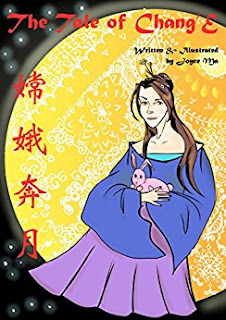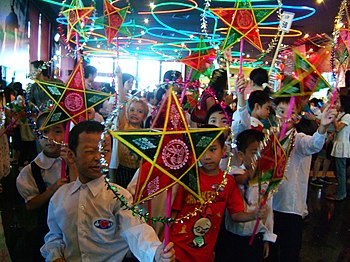In the USA and Canada, Mother's Day is celebrated every second Sunday in the month of May. This year the date is May 9, 2021. Below are the Mother's Day dates by other countries for the year 2021.
Image credit: Mom Gifts for Mother's Day and other special ocassions
- February 14: Norway
- March 3: Georgia
- March 8: Albania, Bosnia and
Herzegovina, North Macedonia, Montenegro, Romania, Serbia, Bulgaria,
Uzbekistan, Tajikistan.
- March 14: Ireland and United Kingdom
- March 21: Saudi Arabia, Bahrain,
Egypt, Lebanon, Morocco, Syria
- April 7: Armenia
- May 2: Angola, Spain, Hungary,
Lithuania, Portugal, South Africa.
- May 8: South Korea
- May 9. Germany, Australia, Austria,
Bangladesh, Brazil, Belgium, Chile, China, Canada, Colombia (except
Norte de Santander), Croatia, Cuba, Denmark, Ecuador, United States,
Estonia, Philippines, Finland, Greece, Netherlands, Honduras, Italy,
Japan, Latvia, Liechtenstein, New Zealand, Peru, Puerto Rico, Czech
Republic, Switzerland, Taiwan, Turkey, Ukraine, Uruguay, Venezuela.
- May 10: Belize, Qatar, El Salvador,
United Arab Emirates, Guatemala, India, Malaysia, Mexico, Oman,
Pakistan, Singapore
- May 14: Samoa
- May 15: Paraguay
- May 26: Poland
- May 27: Bolivia
- May 30: Dominican Republic,
Nicaragua, Haiti, Sweden, Norte de Santander (Colombia), France,
Tunisia
- August 12: Thailand
- August 15: Antwerp and Costa Rica
- October 14: Belarus
- October 17: Argentina
-November 16: North Korea
- November 28: Russia
- December 8: Panama
- December 22: Indonesia
- NOTE: South Koreans do not celebrate Mother's Day or Father's Day. Instead, each year on May 8 they recognize Parent's Day.
Whatever the specific day is in which you honor your mother, who would disagree that our mothers are worthy of double honor all year long?
Original Content Source: Found on Noise.Cash, posted by ferniruman






















